Chemical Lecture Experiments —— Non-Metallic Elements
-----
Throughout the book the French metrical system has been adopted, but as the English mind, even of scientific men, Often continues to conceive Of measures of length in inches, long after it has acquired the habit of thinking in grams and cubic centi metres, I have added, when deemed desirable, the English equi valent of the French measures of length. It will be convenient to rem ember that for all practical purposes 25 millimetres, or 25 centimetres, are equal to one inch. For the convenience of such teachers as may not have ready access to books of reference, I have added, in the form of an appendix, a number of important and useful tables. Secondly, it is my Object to furnish the chemical student with a book which shall serve as a companion to the lectures he may attend — a book in which he will find fully described most, if not all, of the experiments he is likely to see performed upon the lecture table, and which will therefore relieve him from the necessity of laboriously noting them and often sketching the apparatus used. In this way the student will be spared much unnecessary and distracting work during the lecture, and will therefore be better able to give his undivided attention to the explanations or arguments of the lecturer. Further, to meet the wants of the chemical student, I have given the equations representing the various reactions which are described in the book and, although this work is not designed to take the place of any existing text-book, it has been so arranged that the student may learn from it the methods of preparation and most of the important properties of the non-metallic elements and their more common com pounds.
{{comment.content}}
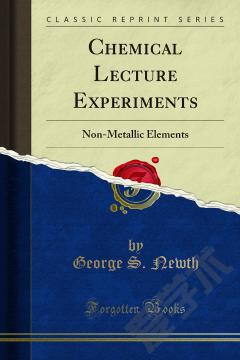
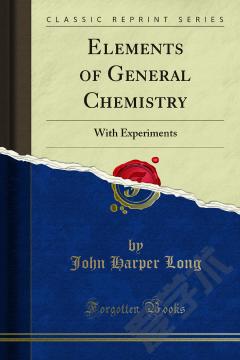
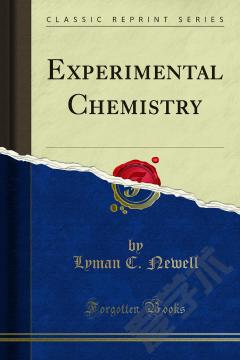
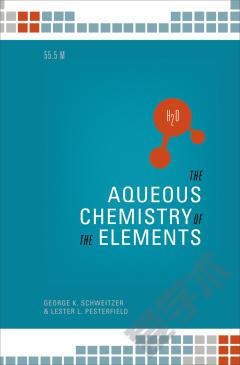
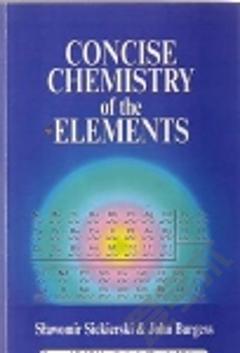
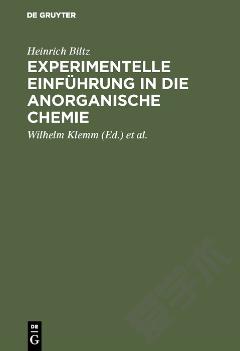
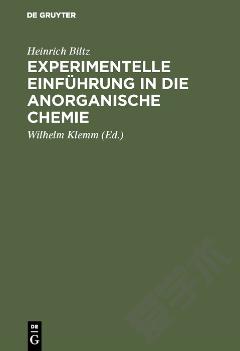

 京公网安备 11010802027623号
京公网安备 11010802027623号